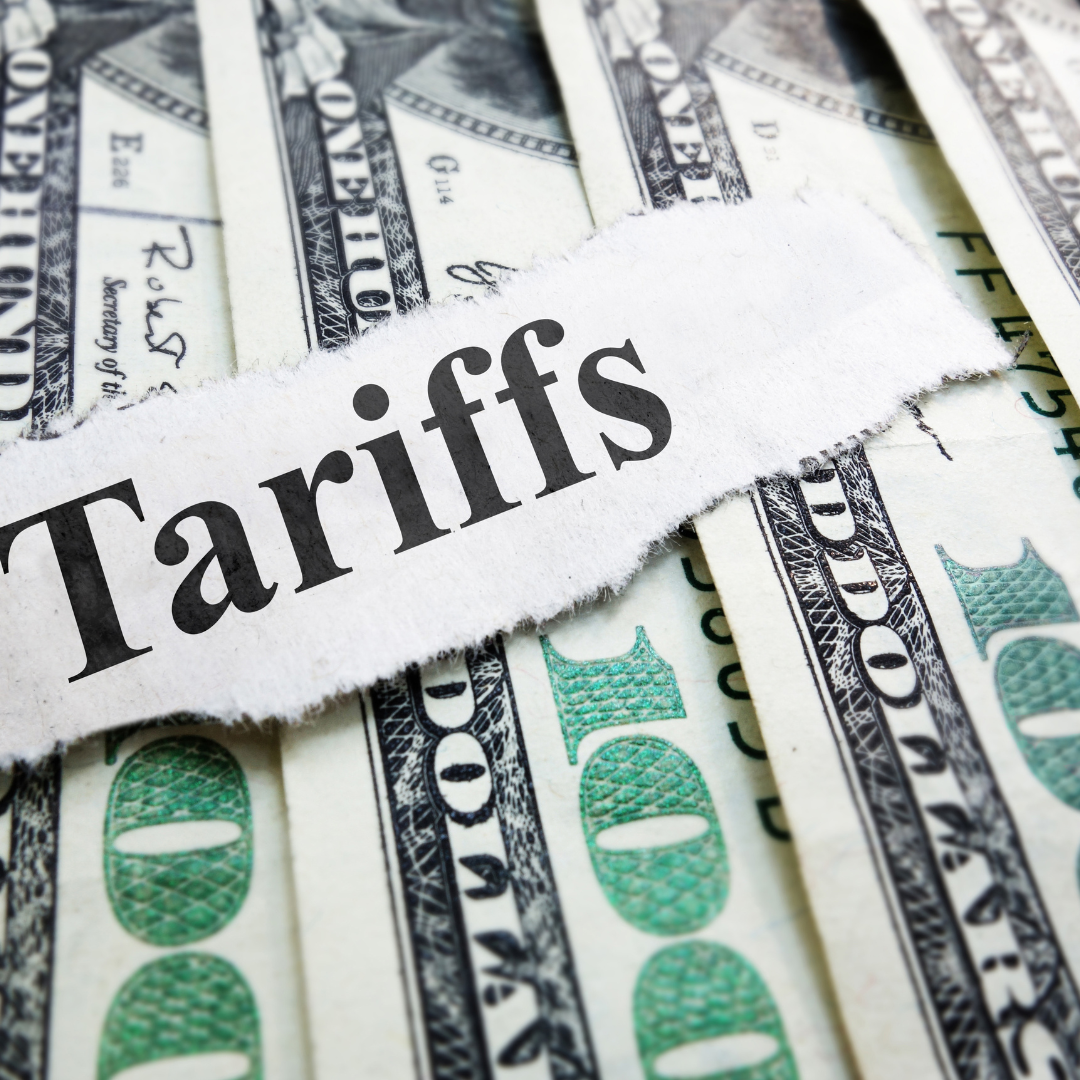How Trump's New Tariffs on Canada and Mexico Impact Trucking and Supply Chains
The trucking industry and supply chains are facing major shifts following former President Donald Trump’s implementation of 25% tariffs on imports from Canada and Mexico as of March 4, 2025. These new tariffs, along with additional levies on China and steel and aluminum imports, are expected to increase costs, disrupt freight volumes, and cause delays at border crossings.
For businesses in transportation, logistics, and insurance—like Allcom Insurance—understanding these changes is crucial for mitigating risks and maintaining efficiency.
How the Tariffs Impact Trucking and Supply Chains
1. Increased Costs for Shippers and Carriers
With tariffs in place, the cost of goods crossing U.S. borders is rising. According to Project44, these expenses will likely be passed down to consumers, contributing to inflation.
The Peterson Institute for International Economics estimates that the combined tariffs on Mexico, Canada, and China will result in an additional $1,200 tax burden per U.S. household annually.
The Tax Policy Center predicts a $930 average decrease in after-tax income for U.S. households by 2026 due to these tariffs.
For trucking companies, higher costs may mean rate increases, fuel surcharges, or supply chain adjustments to offset the impact.
2. Border Delays and Freight Route Adjustments
Cross-border trucking will experience slowdowns as customs clearance processes become more complex.
Shippers rushed to move goods before the tariffs went into effect, causing a 10% surge in imports from Canada the week before March 4, per Project44.
Carriers must now prepare for border congestion, route changes, and increased wait times at customs checkpoints.
For truckers and logistics professionals, adapting to border delays and shifting freight patterns will be critical to maintaining service levels and profitability.
3. Impact on U.S. Trade with Canada and Mexico
The U.S. Trade Representative's Office reports that:
Total trade with Canada reached $762.1 billion in 2024.
Total trade with Mexico hit $839.9 billion the same year.
Given these massive trade volumes, any disruption can have far-reaching consequences for the supply chain, from warehousing to last-mile delivery.
4. Nearshoring Trends and Supply Chain Adjustments
Many U.S. businesses have shifted production to Mexico to reduce reliance on Asian manufacturing. However, these tariffs may force some companies to reassess their strategies.
According to Uber Freight VP Russell Zuppo:
"Some U.S. companies invested in nearshoring to Mexico are reassessing their plans while waiting to see the impact of the tariffs."
To mitigate risks, shippers should analyze tariff costs, adjust inventory strategies, and consider alternative sourcing options.
How Trucking Companies Can Prepare
1. Develop Contingency Plans for Freight Adjustments
Carriers and logistics providers should create scenario-based plans for different tariff outcomes. This includes:
Adjusting routes to avoid high-cost border crossings when possible.
Reviewing contracts with suppliers to ensure flexibility in pricing.
Investing in digital tools for real-time tracking and supply chain visibility.
2. Prepare for New Compliance Requirements
With tariff-related rule changes, customs documentation will become more complex. Companies should:
Train staff on new customs regulations.
Consider trusted trader programs to speed up clearance processes.
Upgrade import/export tracking software for better compliance.
3. Plan for E-Commerce and Retail Supply Chain Shifts
Online retailers that rely on drop-shipping from overseas will likely face higher import costs and slower delivery times.
Some businesses may transition to bulk importing, but this will increase storage costs.
The elimination of the $800 de minimis threshold will require companies to pay duties on all shipments, adding administrative burdens.
E-commerce businesses should redesign distribution strategies to minimize tariff-related disruptions.
Final Thoughts: Navigating Tariffs in the Trucking Industry
Trump’s tariffs on Canada, Mexico, and China are shaking up global trade and placing new pressures on trucking and logistics. With rising costs, border delays, and changing supply chain dynamics, companies need to act fast.
Key Takeaways for Trucking Companies & Shippers:
✅ Plan for increased costs and inflation-related adjustments.
✅ Prepare for cross-border slowdowns and reroute freight when necessary.
✅ Use digital supply chain tools for better visibility and contingency planning.
✅ Stay updated on regulatory changes and customs requirements.
At Allcom Insurance, we help trucking companies stay protected from financial risks associated with industry disruptions. Whether you need cargo coverage, liability insurance, or fleet protection, we’ve got you covered.
📞 Need expert trucking insurance advice? Contact us at Allcom Insurance today!

